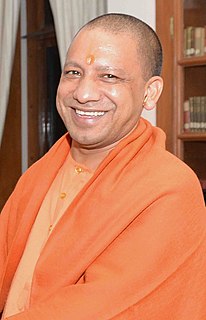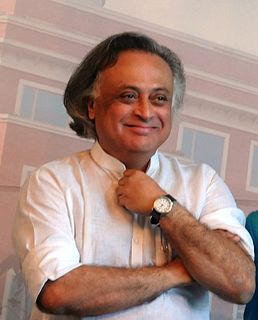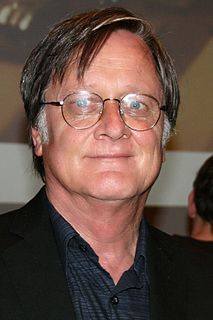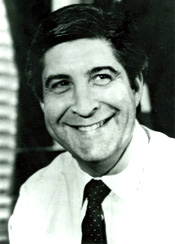A Quote by Nick Clegg
One thing I have frankly decided is that when it comes to political reform we have two conservative parties in British politics. Both the Labour and Conservative parties have constantly and repeatedly failed to honour promises they have made about reforming, cleaning, modernising our clapped-out system.
Related Quotes
Today it is evident that we have two political parties: the Tax and Spenders and the No-Tax and Spenders. Neither party is fiscally conservative. Is there no room at the inn for an honest conservative? A conservative who makes the case for smaller government on its merits and not just as the fallback option when fiscal bankruptcy threatens?
Gary Johnson and I have a good platform of having been fiscally conservative and we`re socially inclusive. And that`s different from both the other parties. The voters have a right to see that choice to be fiscally conservative and socially liberal. That doesn`t describe either of the other parties.
Thus far, both political parties have been remarkably clever and effective in concealing this new reality. In fact, the two parties have formed an innovative kind of cartel—an arrangement I have termed America’s political duopoly. Both parties lie about the fact that they have each sold out to the financial sector and the wealthy. So far both have largely gotten away with the lie, helped in part by the enormous amount of money now spent on deceptive, manipulative political advertising.
Their [BBC] idea of bipartisanship is to try not to offend the Conservative party, try not to offend the Labour party.There is no analysis of anything beyond that, and these two parties are exactly identical, following the same Neoliberal policies for thirty years. And it's no criticism outside of that, it's just that there's basically sectarian pandering to these two individual parties, these two individual organisations. They still make a lot of great programmes and do a lot of great things, but there's not much political analysis happening broader to that.
Conservative thinking is a very important part of Republican Party and the Republican Party is very important to the conservative movement. Since the 1960's, the polarization of the two parties and their alignment with essentially liberal and progressive and conservative thinking respectively is one of the big changes and it's made it really hard to separate those two out and so party and ideology are much more intertwined today than they were even 20 years ago, let alone 40 years ago.
Elections in India are not contests between personalities. They are ultimately battles involving political parties; promises and pledges that political parties make; the vision and programmes that political parties bring to the table. So although, Modi's style is 'I, me, myself,' I don't think 2014 elections as a Modi versus Rahul contest.
It's easy to talk about our system not functioning. It's actually functioning exactly the way we've designed it to function by giving so much power to the political parties, which all of our, you know, leading founders - Washington, Adams, Jefferson, Madison - all said don't create political parties like the ones we have now. We did it, and we're paying a very high price for it.
In this rigged, two-party system, third parties almost never win a national election. It's obvious what our function is in this constricted oligarchy of two corporate-indentured parties - to push hitherto taboo issues onto the public stage, to build for a future, to get a young generation in, keep the progressive agenda alive, push the two parties a little bit on this issue and that.

































